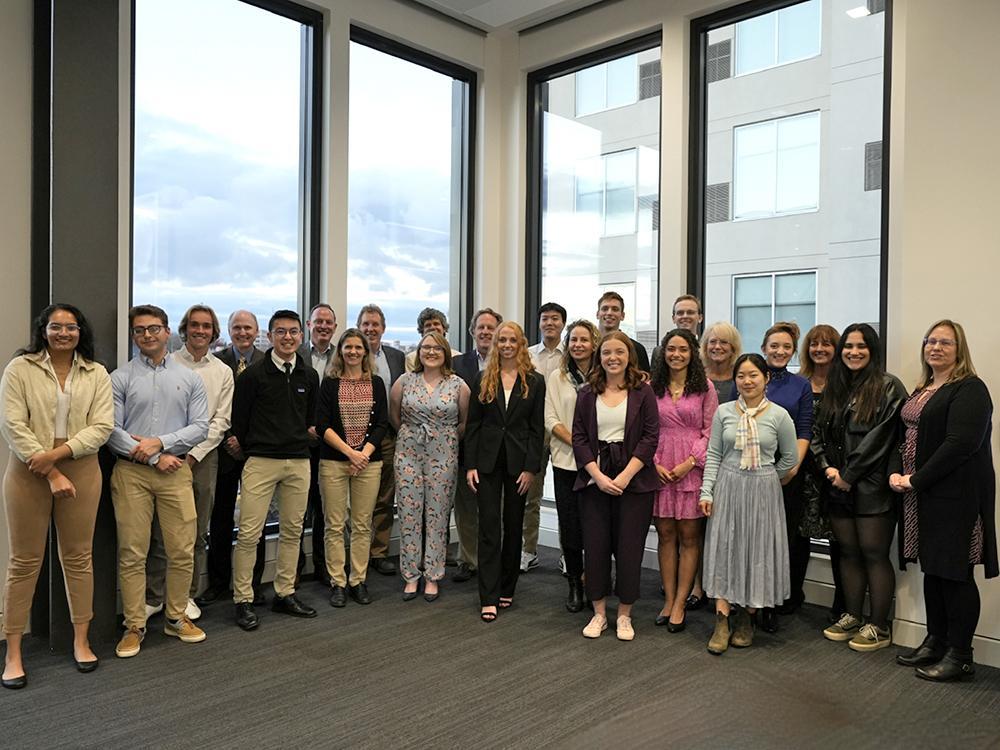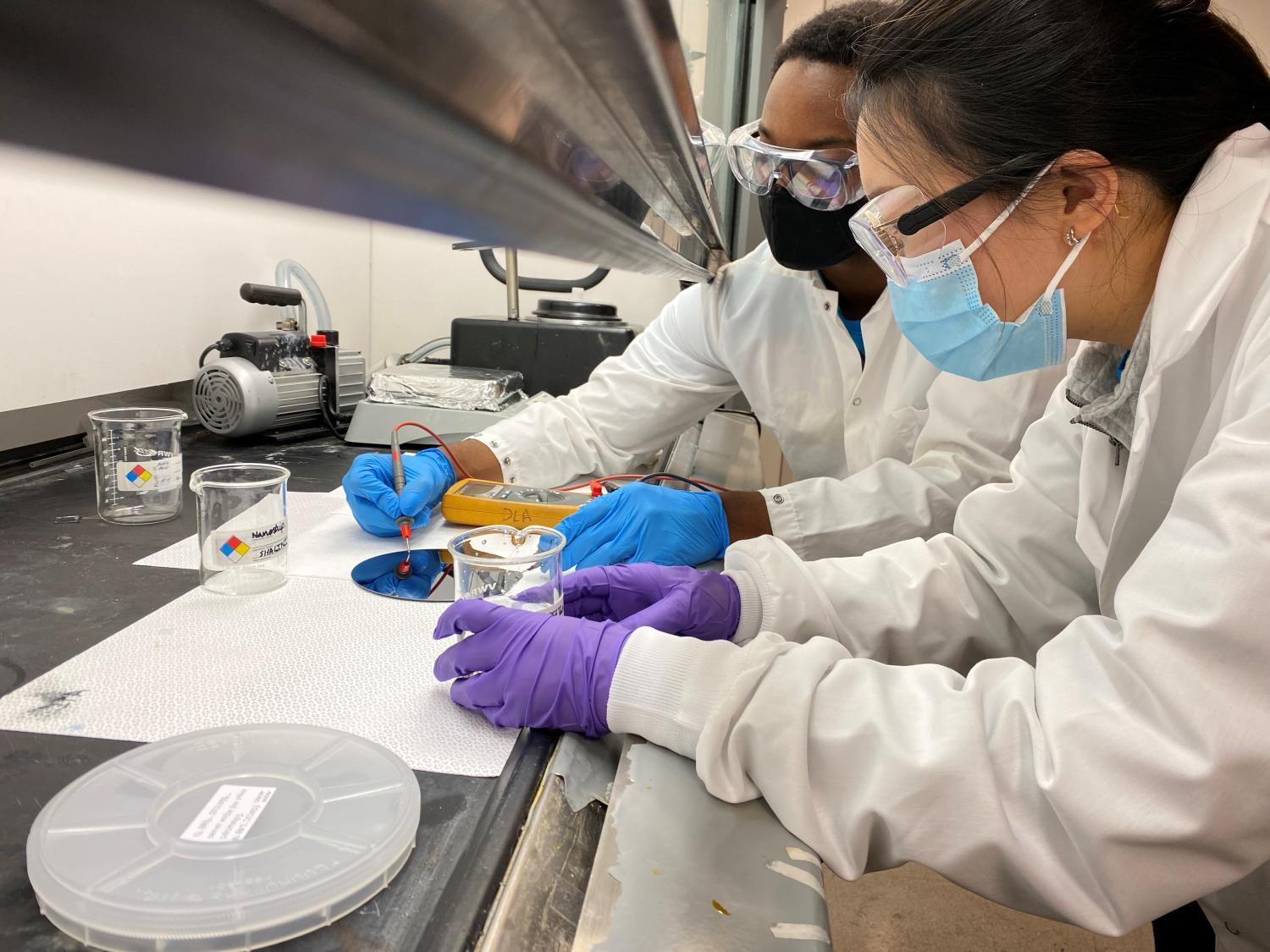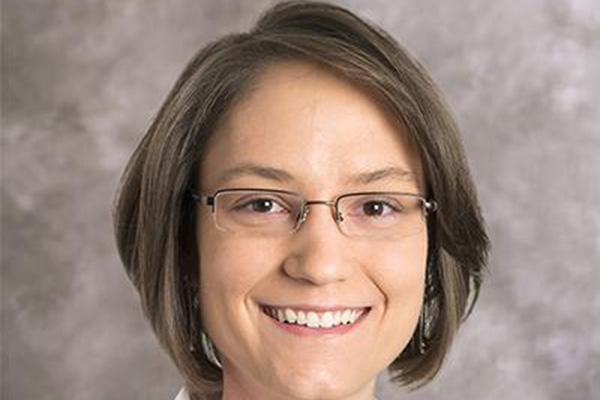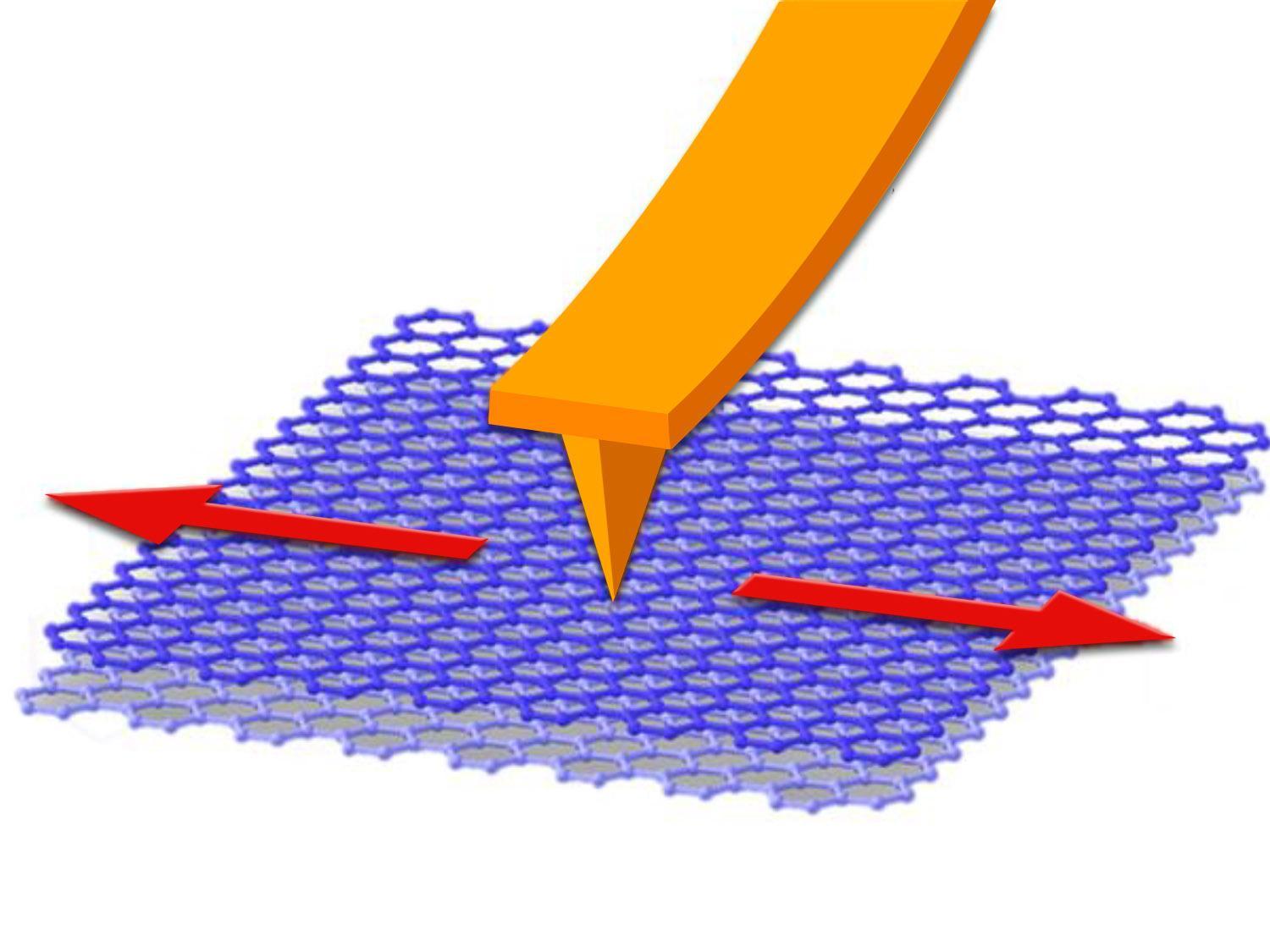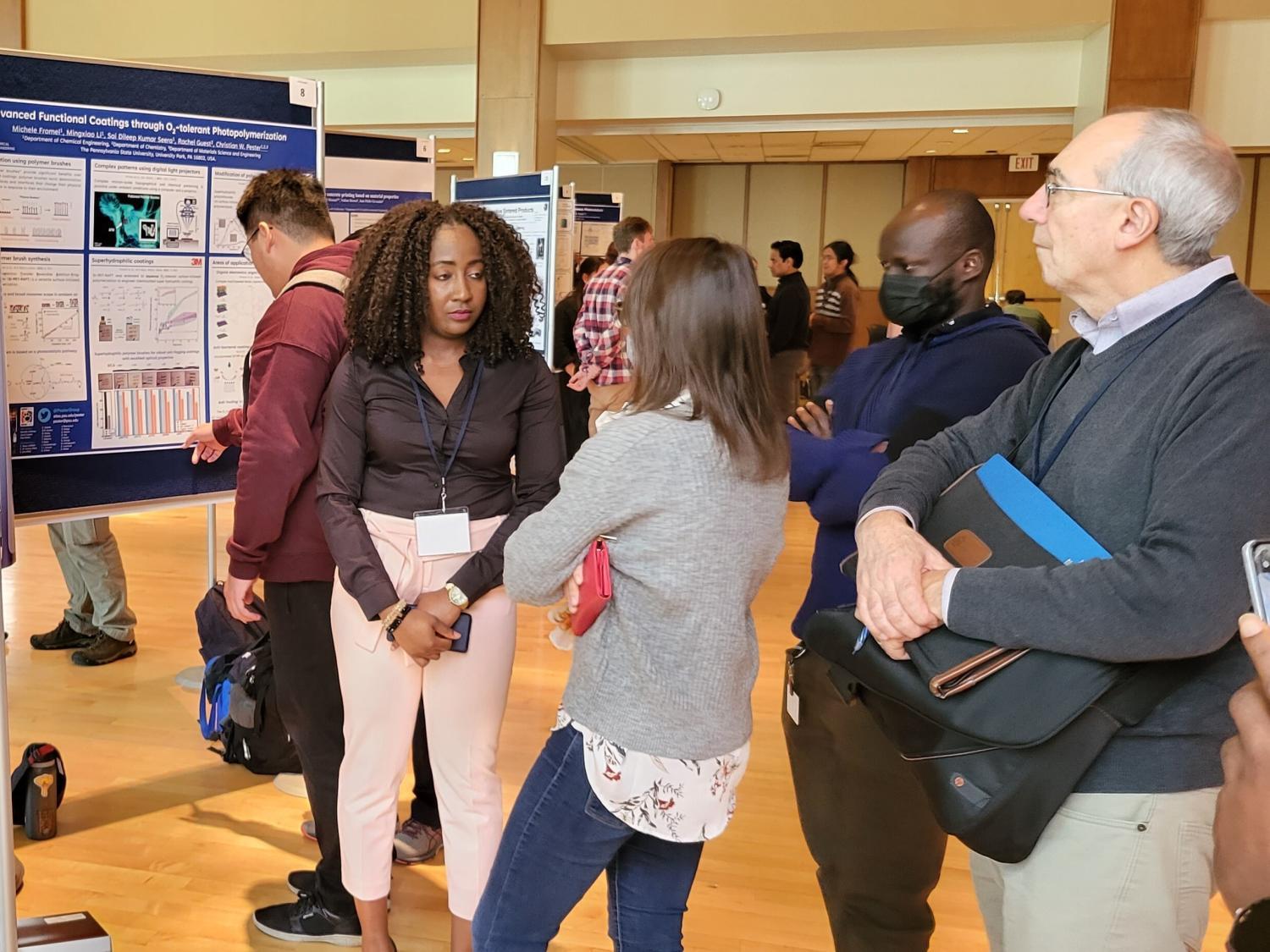Taylor Rosen has been selected as the College of Earth and Mineral Sciences' student marshal for the University’s fall 2022 commencement ceremony. The ceremony will be held at 9 a.m. on Saturday, Dec. 17, in the Bryce Jordan Center on the University Park campus.
At a large school like Penn State, it can sometimes be hard to find your niche — however, the College of Earth and Mineral Sciences Academy for Global Experience, or EMSAGE, encouraged senior Mufaddal Gheewala to discover his place on campus.
A new type of active pixel sensor that uses a novel two-dimensional material may both enable ultra-sharp cellphone photos and create a new class of extremely energy-efficient Internet of Things (IoT) sensors, according to a team of Penn State researchers.
Venkatraman Gopalan, professor of materials science and engineering and physics at Penn State, remembers fondly the tidy, patterned shapes called "kolams" that adorned the entrances of homes in Southern India. The ancient practice of drawing symmetrical patterns which snake around a grid of dots, also called "pulli kolam" in Tamil language, is drawn daily by millions conventionally using rice flour.
The Materials Research Institute (MRI) offers a series of seed grants to Penn State researchers that encourage high-risk, high-impact collaborative projects across multiple disciplines with great potential for societal benefit. Currently, calls for proposals are open for two seed grant programs.
Allison Beese, associate professor of Materials Science and Engineering, will serve as co-director of the Center for Innovative Materials Processing through Direct Digital Deposition, effective Jan 1.
Sometimes friction is good, such as the friction between a road and a car’s tires to prevent the vehicle from skidding. But sometimes friction is bad — if you did not put oil in that very same car, there would be so much friction in the bearings of the engine that the car could not operate.
Whether you are perusing this article on an electronic device driven by a semiconductor chip or via a paper printout, the ability to read these words is in a large part due to innovative materials research that led to a product in use in society. And the future holds more innovation in materials research, including at Penn State. The 2022 Materials Day event, presented by the Materials Research Institute with the theme “Materials Impacting Society,” featured a look at what might be on the horizon as far as materials research with positive societal impact.
David Flores says he works off the common wisdom that you’re made up from the average of the five people closest to you. MSP, which began at Penn State in 2013, is designed to help underrepresented individuals in STEM fields earn advanced degrees. EMS joined in 2016, and has 30 active students and graduates of the program. EMS is again raising support for the program this GivingTuesday, and hopes to raise funds for two additional Millennium Scholars within the College.
Soft, elastic semiconductors and circuits could advance wearable medical devices and other emerging technologies, but the high-performance electronics are difficult and expensive to manufacture. A Penn State-led research team plans to make the process easier and cheaper with a new manufacturing method.



